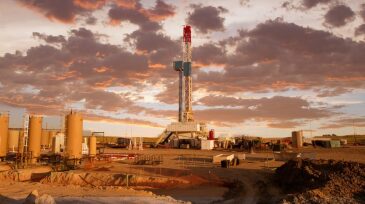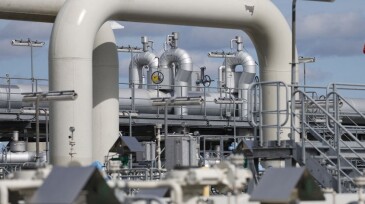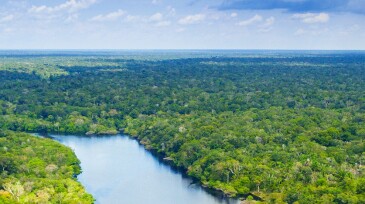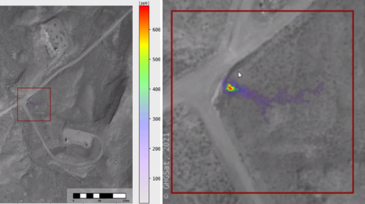Environment
The urgency of methane emissions reduction in the oil and gas sector demands a strategic approach to change management. Success hinges on fostering a shift in industry mindset, where emissions reduction is embedded into operational design and decision-making rather than seen as a regulatory burden.
A revised biological opinion determined that the endangered species could go extinct without new precautionary measures.
The two companies said they will evaluate the possibility of a joint venture to develop a direct air capture hub in South Texas, with XRG considering investing up to $500 million.
-
The Permian-based company has committed to being part of the United Nations flagship reporting program.
-
Proposed methane regulations for the oil and gas industry are in the works in the United States and the European Union. This brief summarizes the next steps for methane rules on both sides of the Atlantic.
-
Biodiversity actions plans (BAPs) are a systematic approach to biodiversity management that can help companies contribute to nature-positive goals. The guidance provides general process steps recommended for preparing and implementing a BAP.
-
This case study highlights the effectiveness of unmanned aerial systems in enabling land-based operators to assess the relative seriousness of leaks efficiently by both localizing and quantifying their methane emission rates.
-
Deployment of Mosaic DAC pilot units are envisaged for a pair of HIF eFuel facilities.
-
Lawmakers are considering a solution that would give abandoned wells a new, redemptive purpose: deep receptacles to trap carbon for millennia.
-
This paper discusses how methane detection from oil and gas infrastructure using remote sensing technologies enables operators to quantify and minimize the emissions while gaining insight and an understanding of their operations through data analytics.
-
The proposed sale notice consists of more than 300,000 acres in three designated areas offshore Louisiana and Texas.
-
Wood Mackenzie said "advantaged barrels" that are cheap to extract and with low emissions represent less than a third of untapped resources.
-
Recently published research suggests that carbon dioxide stored underground will stay there for millions of years.













